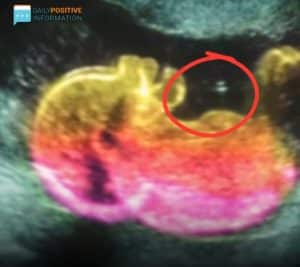Emerging research continues to reveal just how deeply our gut health impacts overall well-being—from stress and mood to autoimmune conditions like diabetes and arthritis. Now, a new study in The Journal of Immunology is shedding light on a potential link between gut bacteria and autism.
Autism, as defined by the World Health Organization, is a spectrum of brain development conditions that affect communication, behavior, and social interaction. Many people with autism also experience co-occurring conditions like anxiety, depression, or ADHD.
Researchers from the University of Virginia found that a mother’s gut microbiota may play a more significant role in a child’s risk of developing autism than the child’s own gut bacteria.
“The microbiome is really important to how a child’s immune system reacts to stress or infection,” said John Lukens, the study’s lead author.
One key player is a molecule called interleukin-17a (IL-17a), which helps fight infections but also seems to influence brain development in the womb. In the study, mice with pro-inflammatory gut bacteria passed along autism-like behaviors—such as repetitive actions—to their offspring. Mice without those bacteria behaved normally.

Even more telling, when healthy mice received a fecal transplant from the group with the pro-inflammatory gut bacteria, they too developed autism-like symptoms.
While this research is still in its early stages and only conducted on mice, it opens the door for further exploration into how maternal gut health might influence neurodevelopment.

Lukens emphasized caution: “The immune system is delicate during pregnancy. We need to be very careful about how we might intervene.” Still, he believes understanding the maternal microbiome could lead to safer ways to support fetal development in the future.




